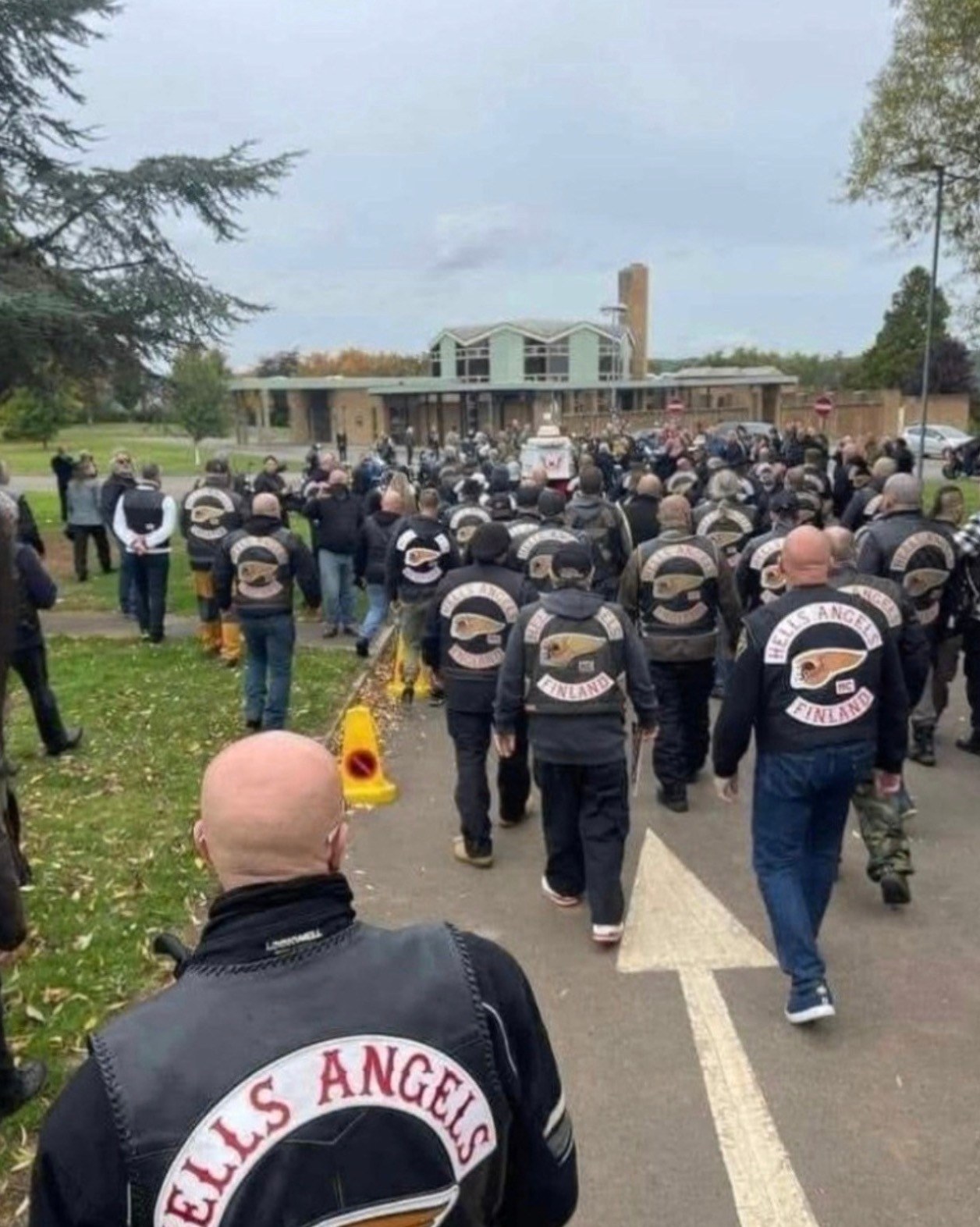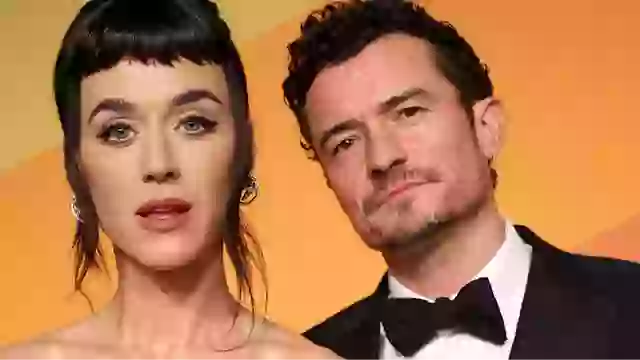No one expected fifty bikers to show up at my son Mikey’s funeral, not even the boys who bullied him so badly that he took his own life. I had been a janitor at the school for over twenty years, used to hiding my feelings. But when the motorcycles filled the cemetery with noise, I finally let my emotions out.
Mikey was only fourteen when he died in our garage. He left a note naming the classmates who bullied him and wrote, “I can’t take it anymore, Dad. They won’t stop. Every day they tell me to kill myself. Now they’ll be happy.” The police said it was a tragedy, not a crime. The school gave empty sympathy and suggested holding the funeral during school hours to avoid problems. I felt helpless—unable to protect my son in life and denied justice after his death. Then Sam, a man I barely knew from a gas station Mikey and I visited, reached out. He told me about losing his nephew in a similar way and offered support—not just words, but action. He gave me his number and said if I wanted, the Steel Angels, his biker club, could come to the funeral.

I didn’t call at first. But the night before the funeral, I found Mikey’s journal filled with pain—stories of bullying and messages telling him to die. My hands trembled as I called Sam. “We’ll be there at nine,” he said. “You don’t have to worry.” And they came. The next morning, bikers filled the parking lot, lining the path to the chapel, standing strong. When the four boys and their parents arrived, they looked shocked, maybe scared. The bikers didn’t speak but made their message clear—Mikey mattered.
Months before, a librarian warned me about Mikey hiding in the library during lunch. I had seen bruises and accepted his excuses—gym class, falling down stairs—but I didn’t push. When I gave the police Mikey’s note naming the bullies—Jason, Tyler, Drew, and Marcus—they said no crime had been committed. The principal cared more about the school’s image than my son. The funeral was quiet but powerful. Sam and his club, many who had lost children themselves, stood guard with respect. Afterward, Sam handed me a card signed by the group. “We ride for kids who can’t,” he said. “We’re going to the school next week. Those boys will be front and center.” And they were.
When the Steel Angels spoke at Lakewood High, the principal panicked. I told him to let them in or I’d share Mikey’s journal with the press. He gave them one hour in the auditorium. Students listened, moved, as Sam and others shared stories of kids lost to bullying. Angel, a mother who lost her daughter, explained how words can hurt just as much as fists. The four boys squirmed in the front row, no longer hiding behind silence. Students admitted they saw Mikey’s pain and did nothing. Some cried. Some hugged the bikers. When it ended, Sam warned, “We’ll be watching.” That was enough. The boys left school quietly soon after. No threats, no drama—just a reminder that actions have consequences.
The Steel Angels helped start anti-bullying programs in three school districts. The principal resigned. I quit my job, tired of pretending everything was okay. I sold my house, created a scholarship in Mikey’s name, and joined the Angels on rides for other kids lost too soon. Last week, we rode to another funeral. A father asked if we were there for his son. I said yes. He said seeing us gave him hope that something good could come from tragedy. As thunder rolled above, he told me his son loved storms. “My Mikey did too,” I said. Now, we are that thunder after the storm—a reminder that someone is listening. Fifty bikers can’t bring back a child, but maybe they can save the next one.


